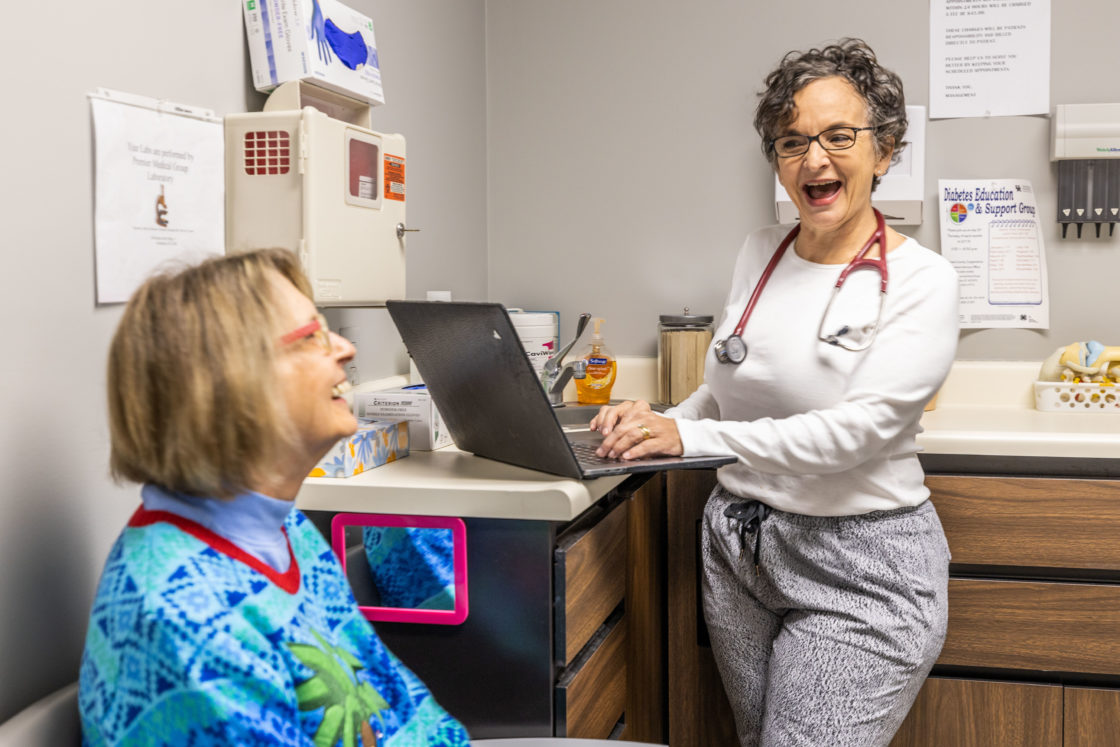Family medicine is the most versatile of all physician specialties. Physicians who practice family medicine provides comprehensive medical care to male and female patients of all ages.
A family medicine physician provides care for the whole person. The foundation of family medicine is an ongoing, personal patient-physician relationship. Unlike other specialties that are limited to specific organs or diseases, family medicine is dedicated to providing integrated care for patients of all genders and every age, and being an advocate for the patient in a complex health care system.
Family physicians complete a three-year residency program after completing medical school. During this time they are engaged in integrated patient learning, receiving training in six major medical areas:
- Pediatrics
- Obstetrics and Gynecology
- Internal Medicine
- Psychiatry and Neurology
- Surgery
- Community Medicine
They also receive instruction in many other areas including geriatrics, emergency medicine, ophthalmology, radiology, orthopedics, otolaryngology, and urology.
Because of this extensive training, family medicine doctors are the only specialists qualified to provide comprehensive health care for people from newborns to seniors.
Along with diagnosing and treating illness, family medicine physicians provide personalized preventive care, including routine checkups, health-risk assessments, screening tests, immunizations, and counseling on maintaining health.
